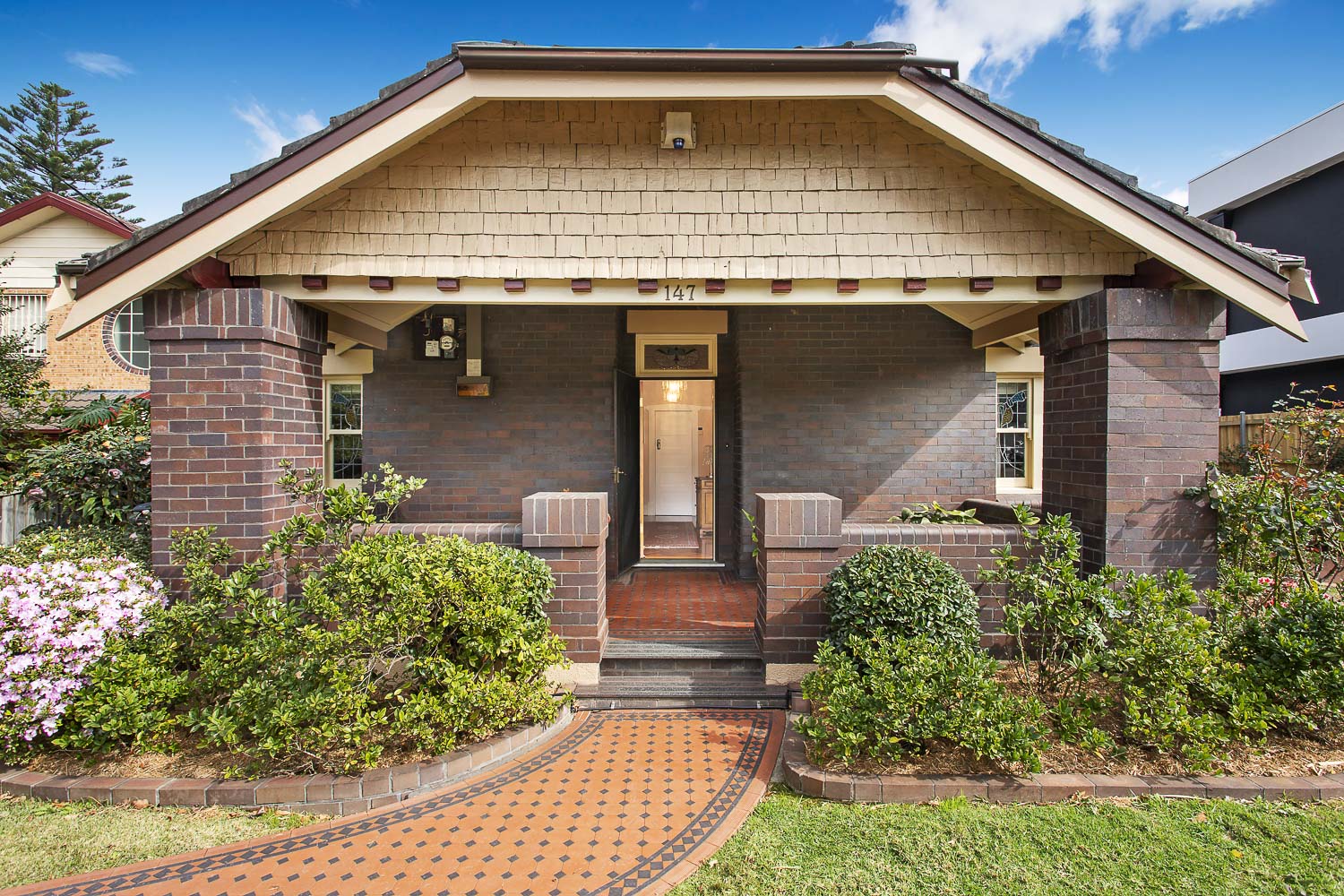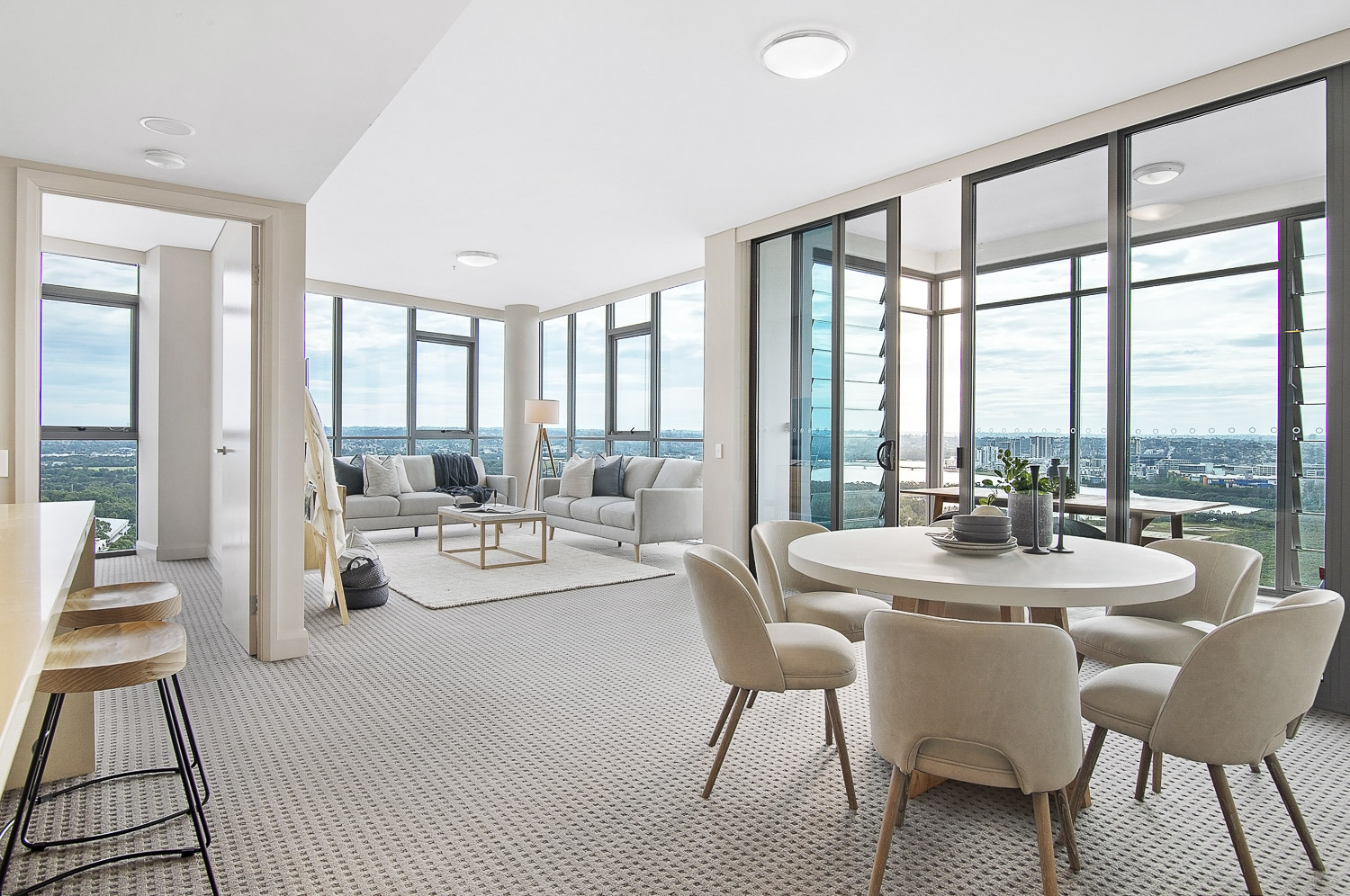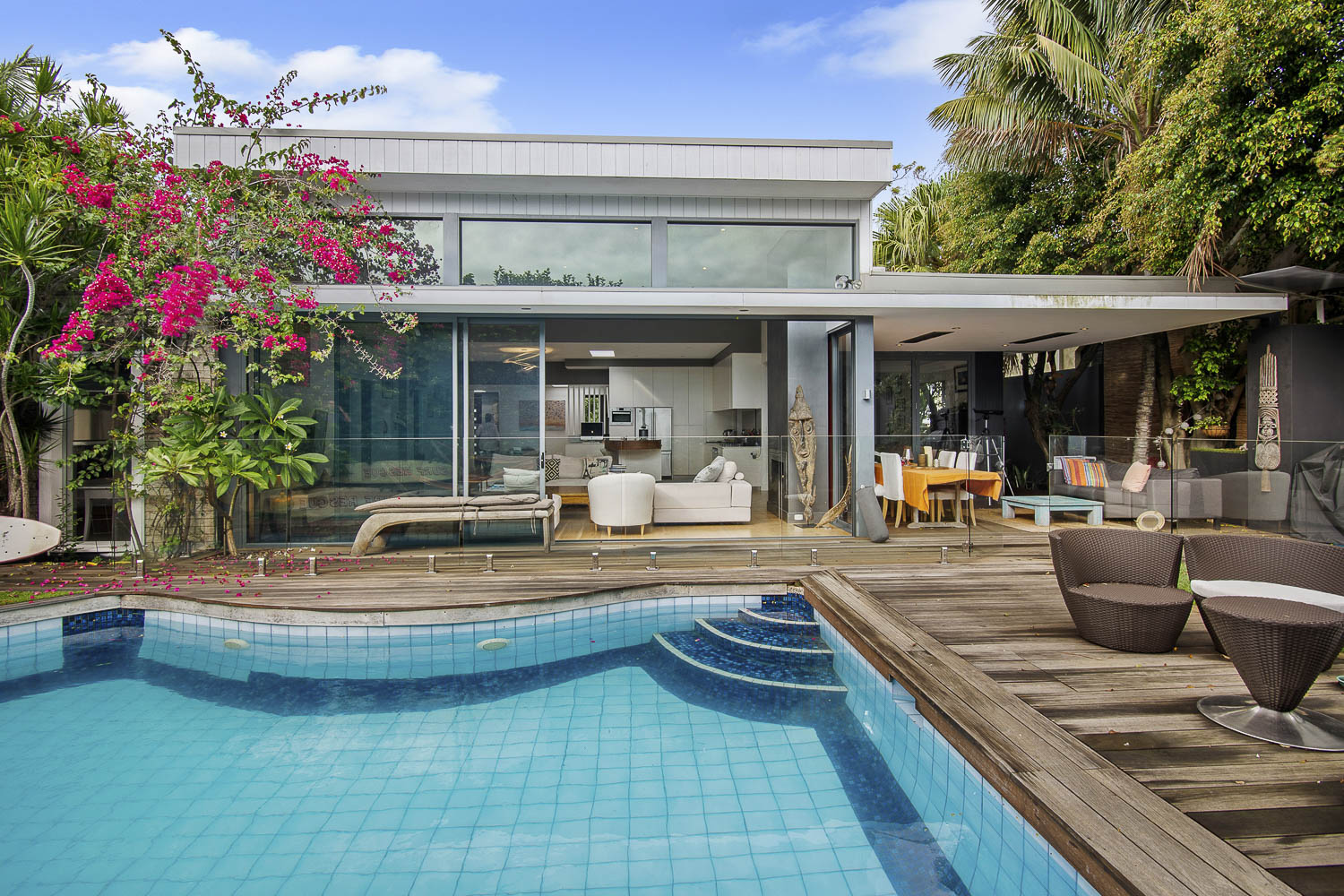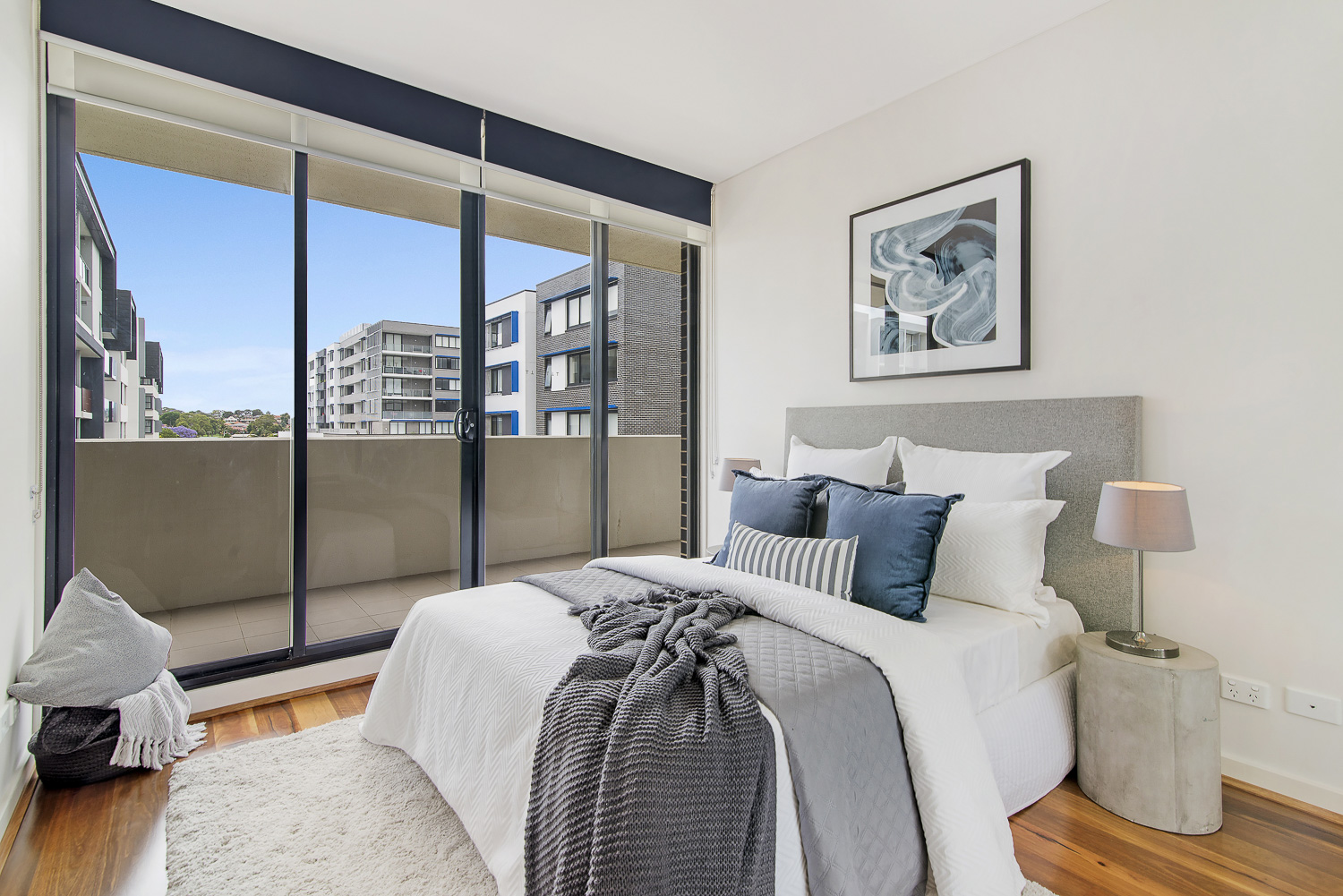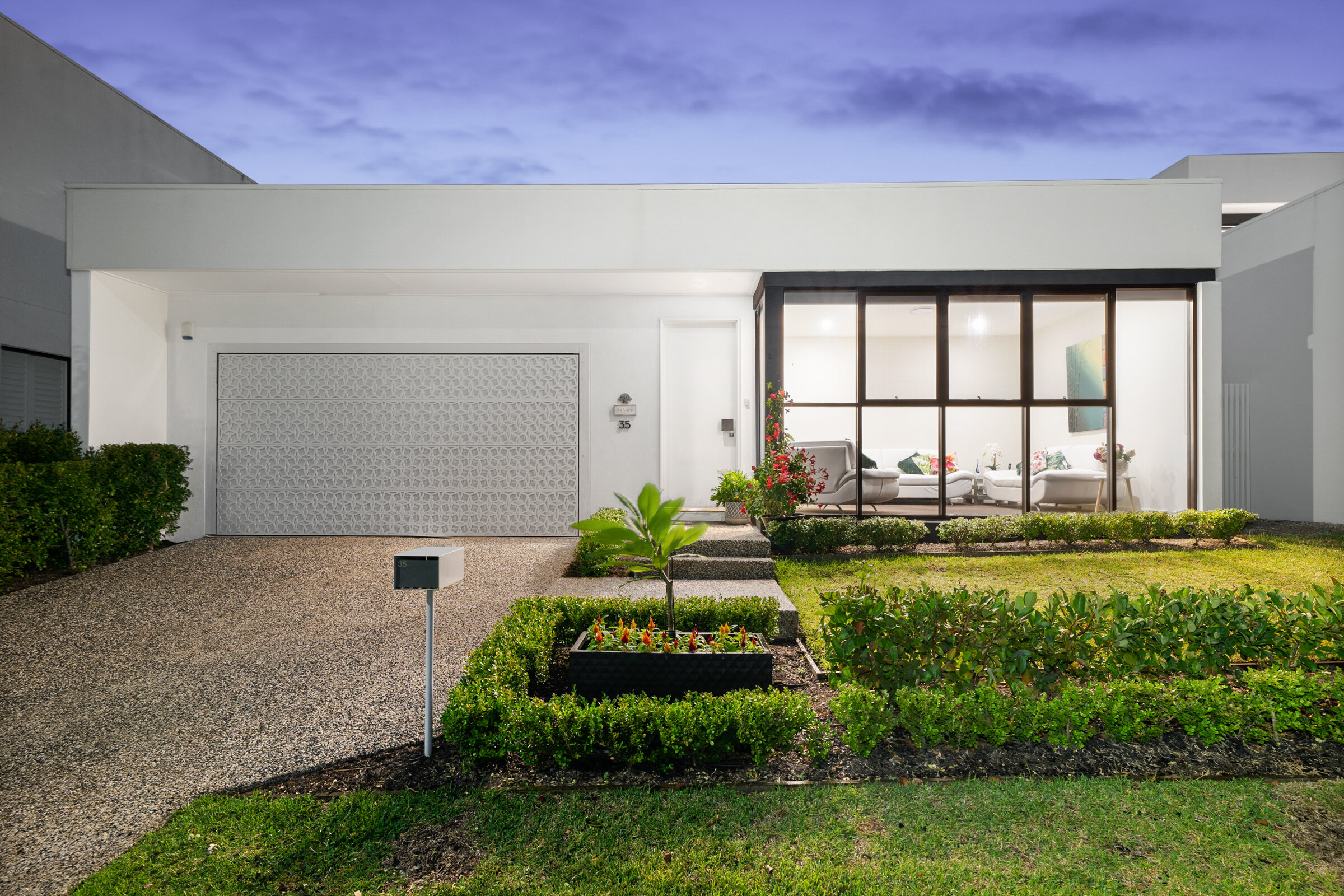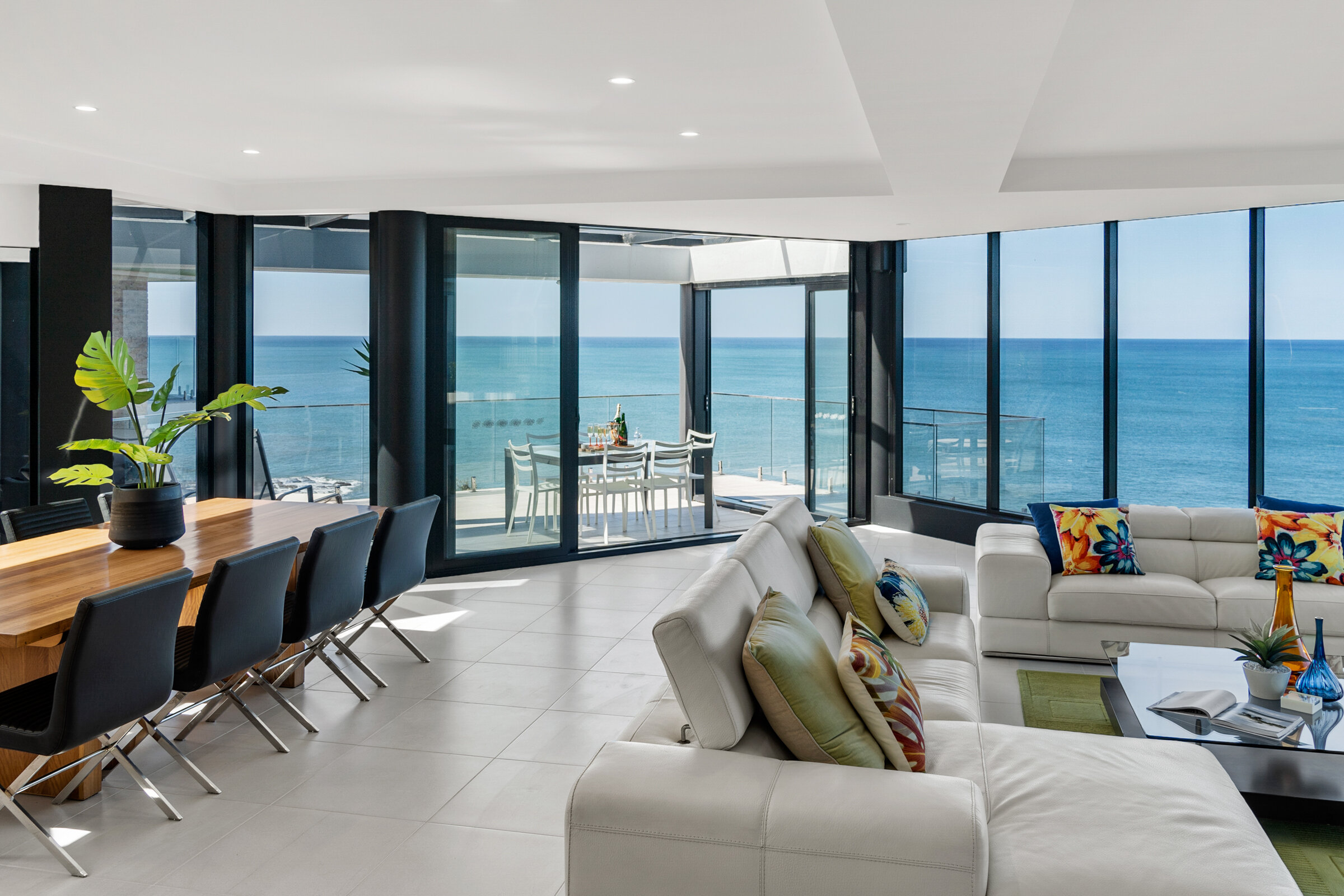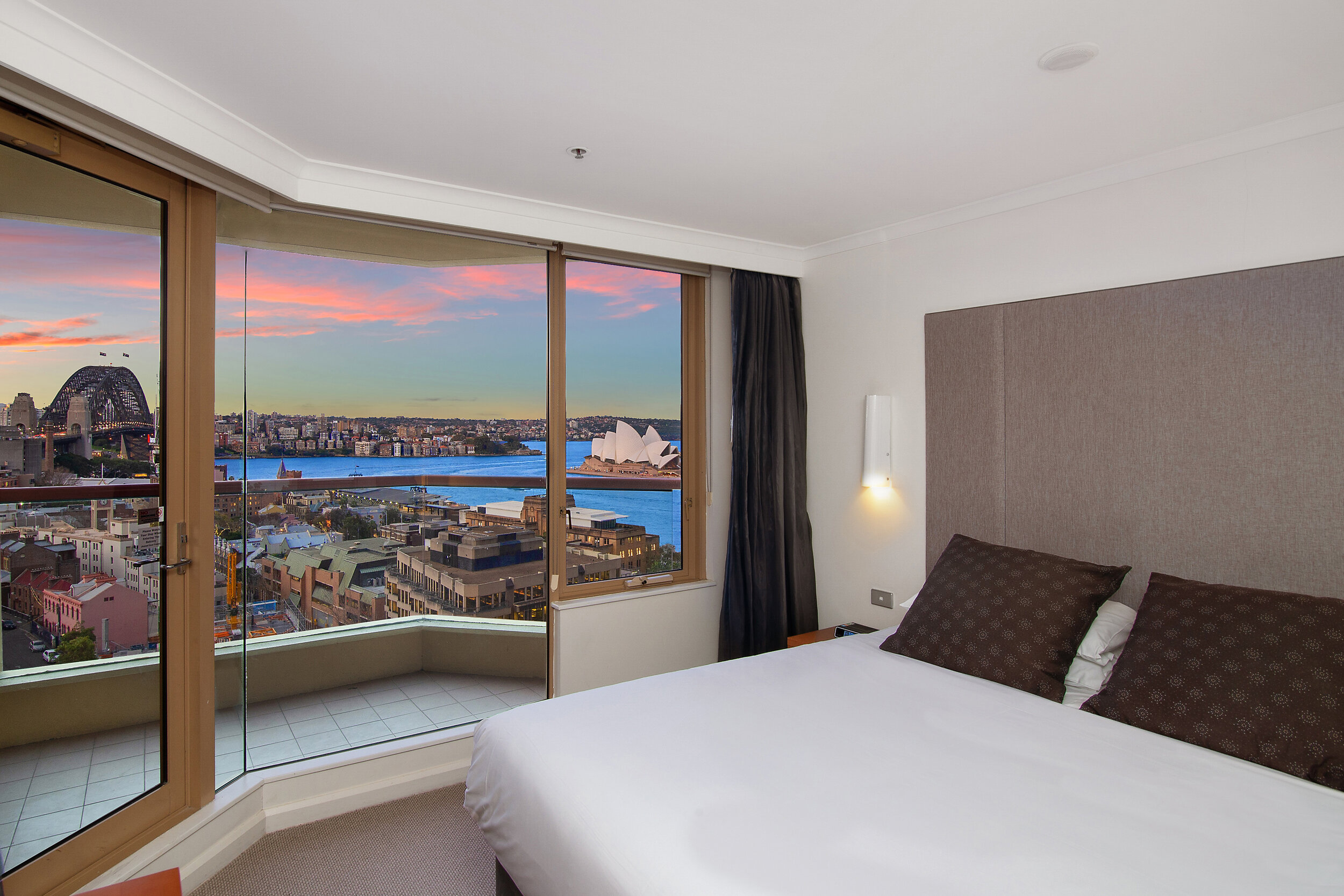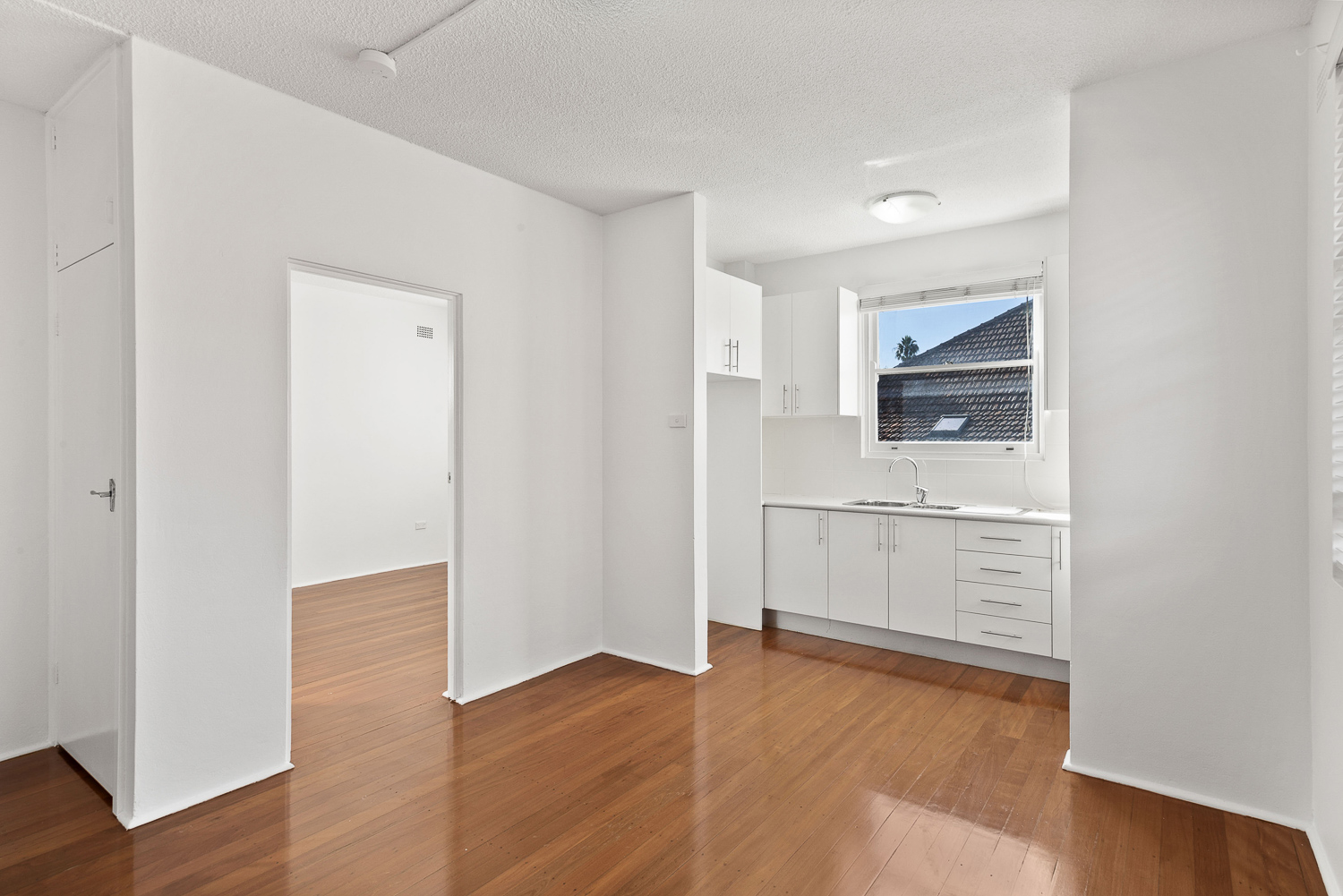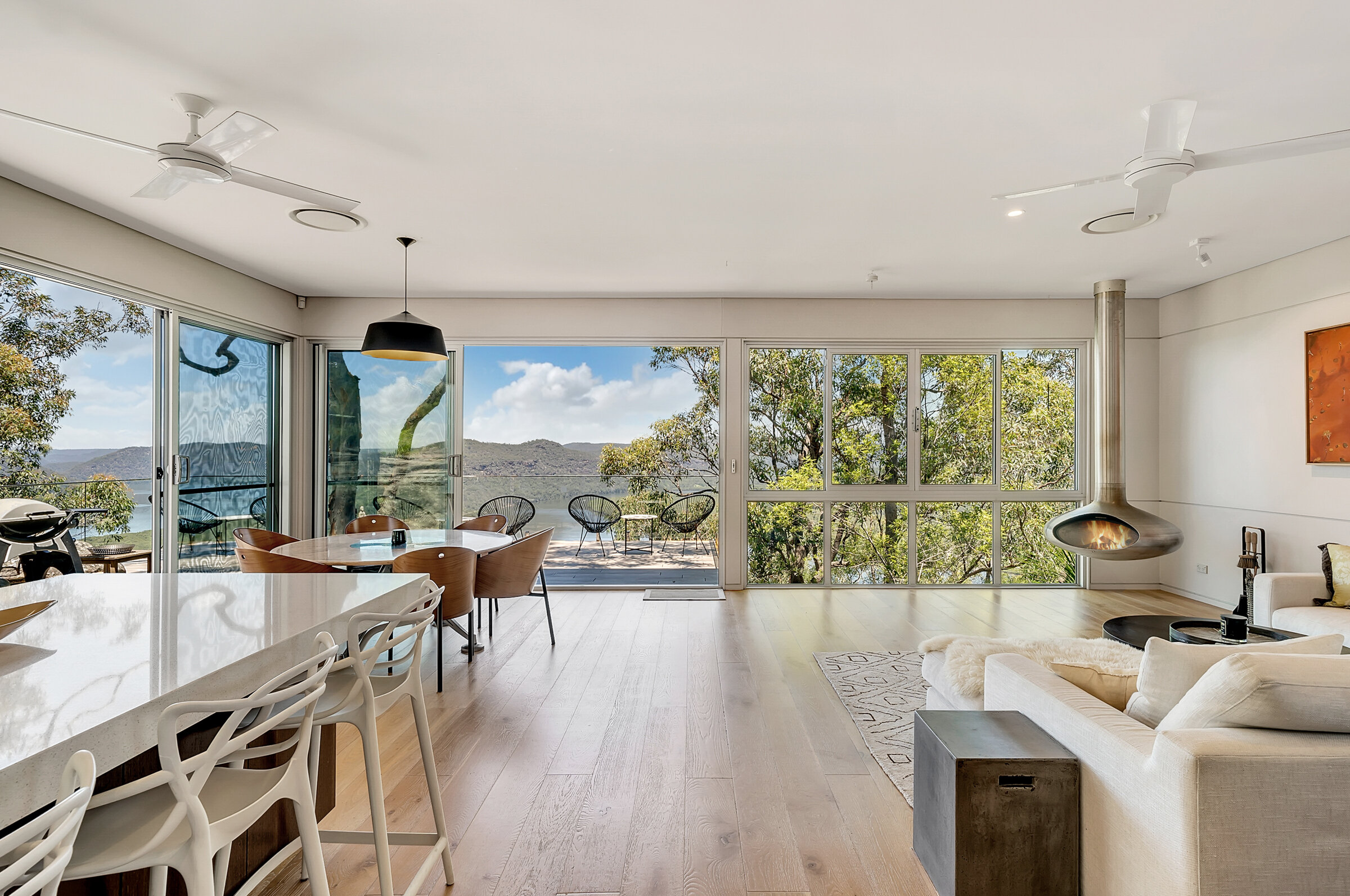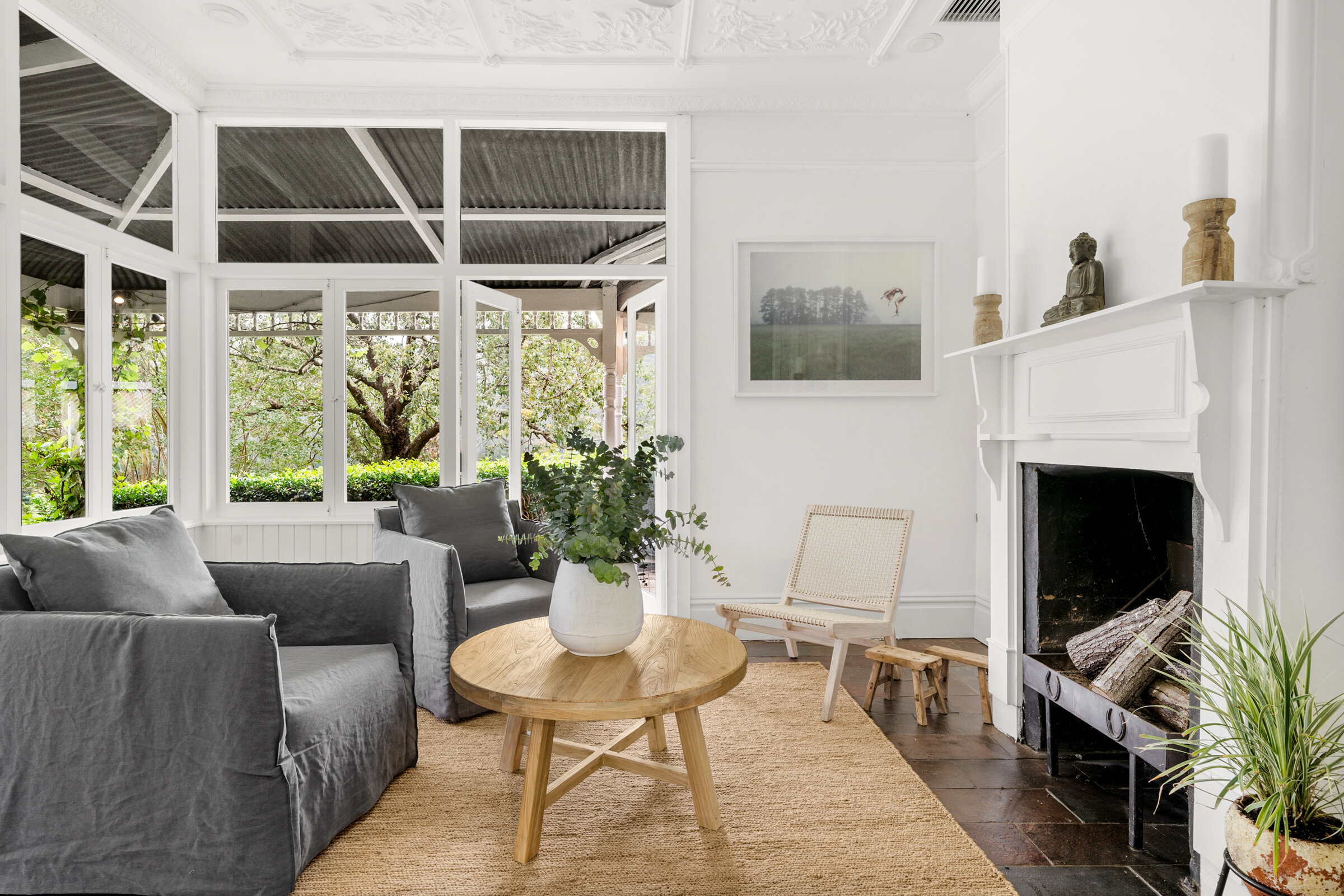Photographers are drawn to real estate photography for several reasons, and it can be a rewarding niche for those who enjoy it. Here are some reasons why photographers love real estate photography and why it's considered a good niche:
Steady Demand: Real estate is a thriving industry, and there is a consistent demand for high-quality images of properties. Whether it's residential or commercial real estate, there are always properties being listed and sold, which means a steady stream of potential clients for photographers.
Variety of Settings: Real estate photography offers a wide variety of settings to work in. Photographers can capture everything from cozy apartments and suburban homes to luxurious estates and commercial properties. This diversity allows photographers to exercise their creative skills and adapt to different environments.
Creative Control: Photographers have a significant degree of creative control in real estate photography. They can choose angles, lighting, and composition to showcase a property's best features and create visually appealing images that help sell or rent the space.
Collaboration: Real estate photography often involves collaboration with real estate agents, property owners, and interior designers. This teamwork can be rewarding, and photographers have the opportunity to network and build relationships within the industry.
Relatively Low Gear Requirements: While professional-grade equipment is essential for high-quality real estate photography, the gear requirements are often less demanding compared to other photography niches like wildlife or sports photography. This makes it accessible for many photographers to get started.
Stable Income: Real estate photographers can often earn a stable income, especially if they establish relationships with real estate agencies or property management companies. The steady demand for their services can provide financial security.
Flexibility: Real estate photographers often have some flexibility in their schedules. They can schedule shoots around their availability and balance their work with other photography gigs or personal commitments.
Repeat Business: If a real estate photographer delivers quality work, they can develop a loyal client base. Real estate professionals frequently need photography services for new listings, and satisfied clients are likely to hire the same photographer again in the future.
Portfolio Building: Real estate photography can be an excellent way for photographers to build a portfolio of high-quality images. A strong portfolio can lead to more opportunities in the field and open doors to other photography niches.
Learning Opportunities: Real estate photography presents various challenges and learning opportunities. Photographers can improve their skills in architectural photography, lighting techniques, and post-processing, which can be valuable in other aspects of photography as well.
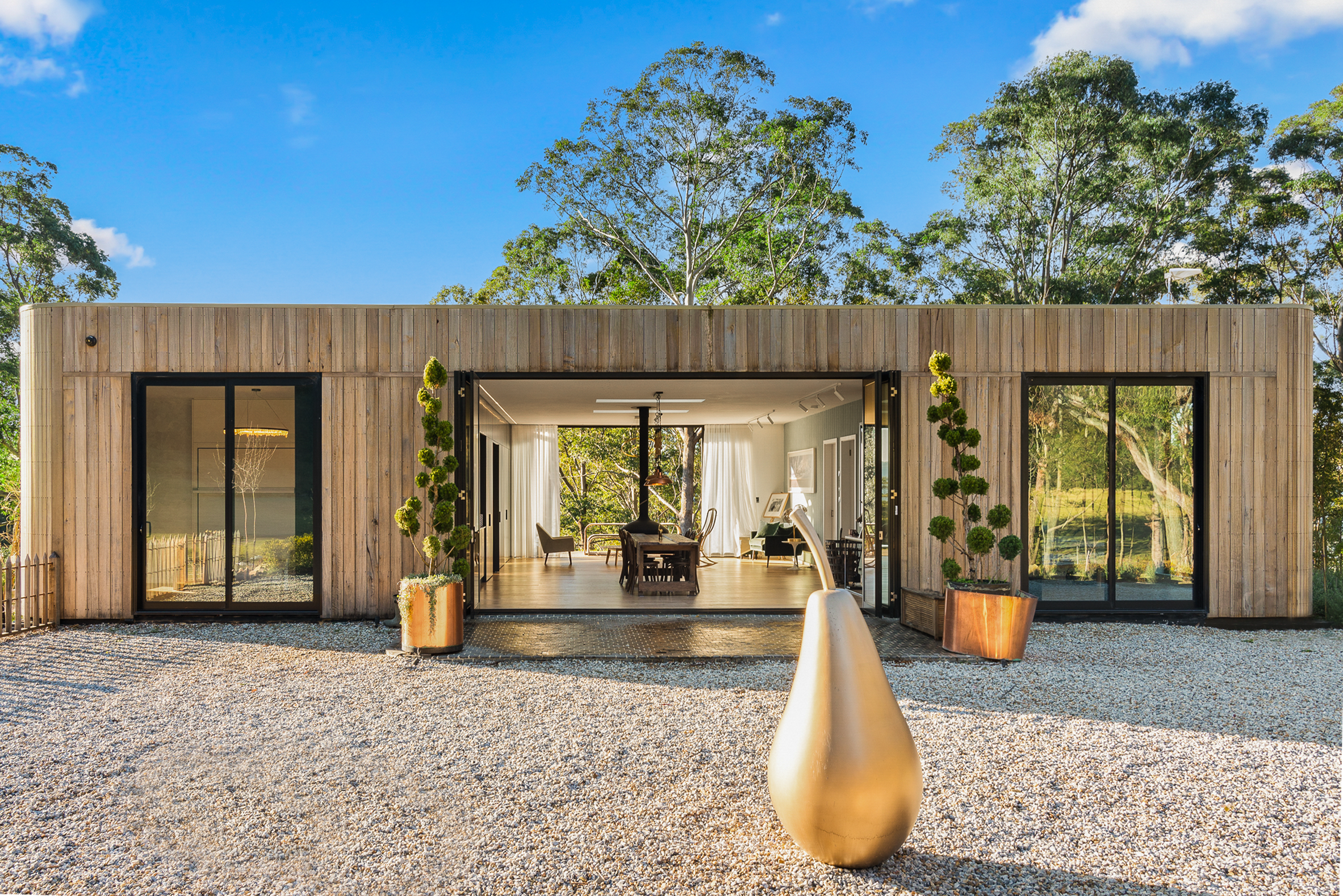
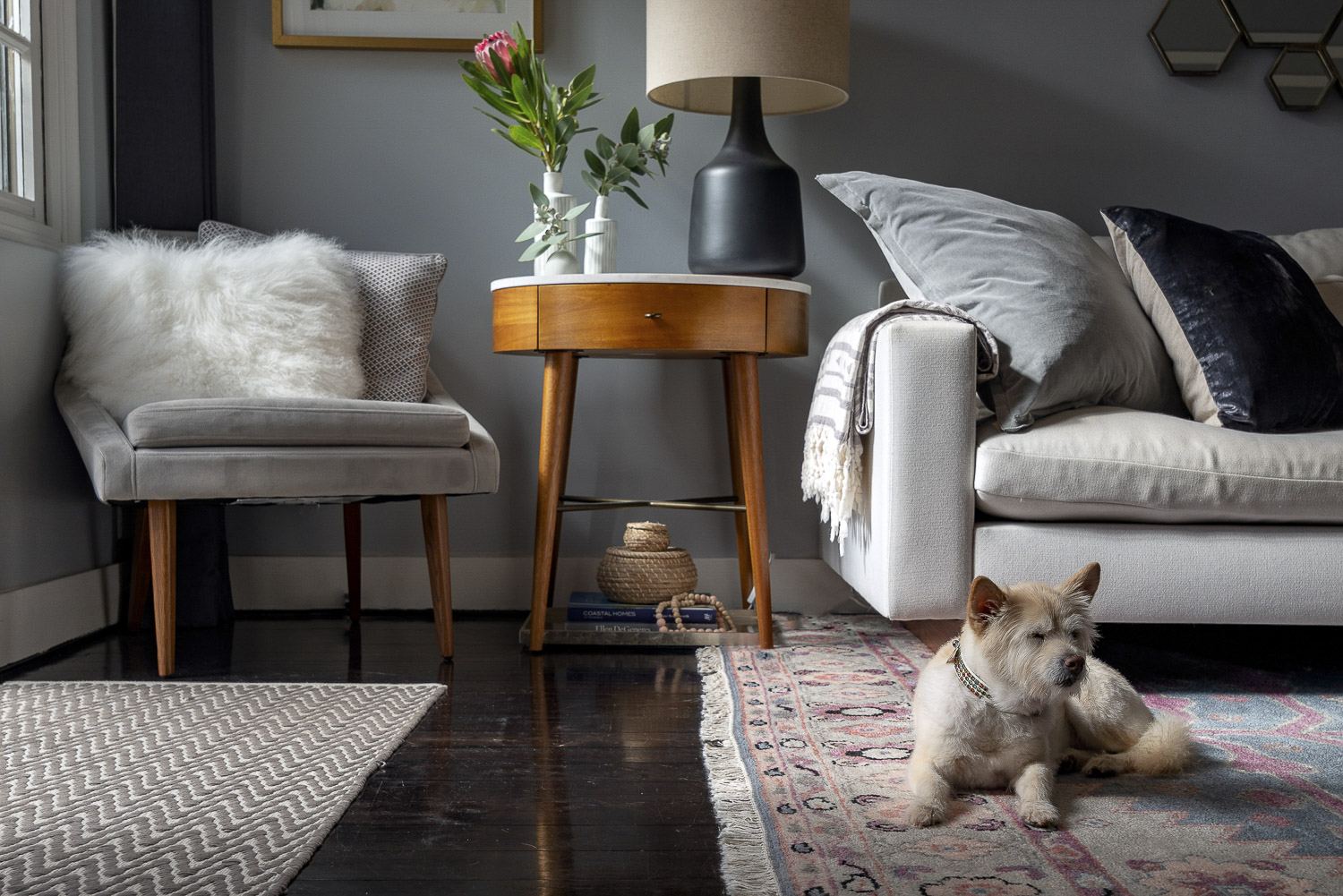
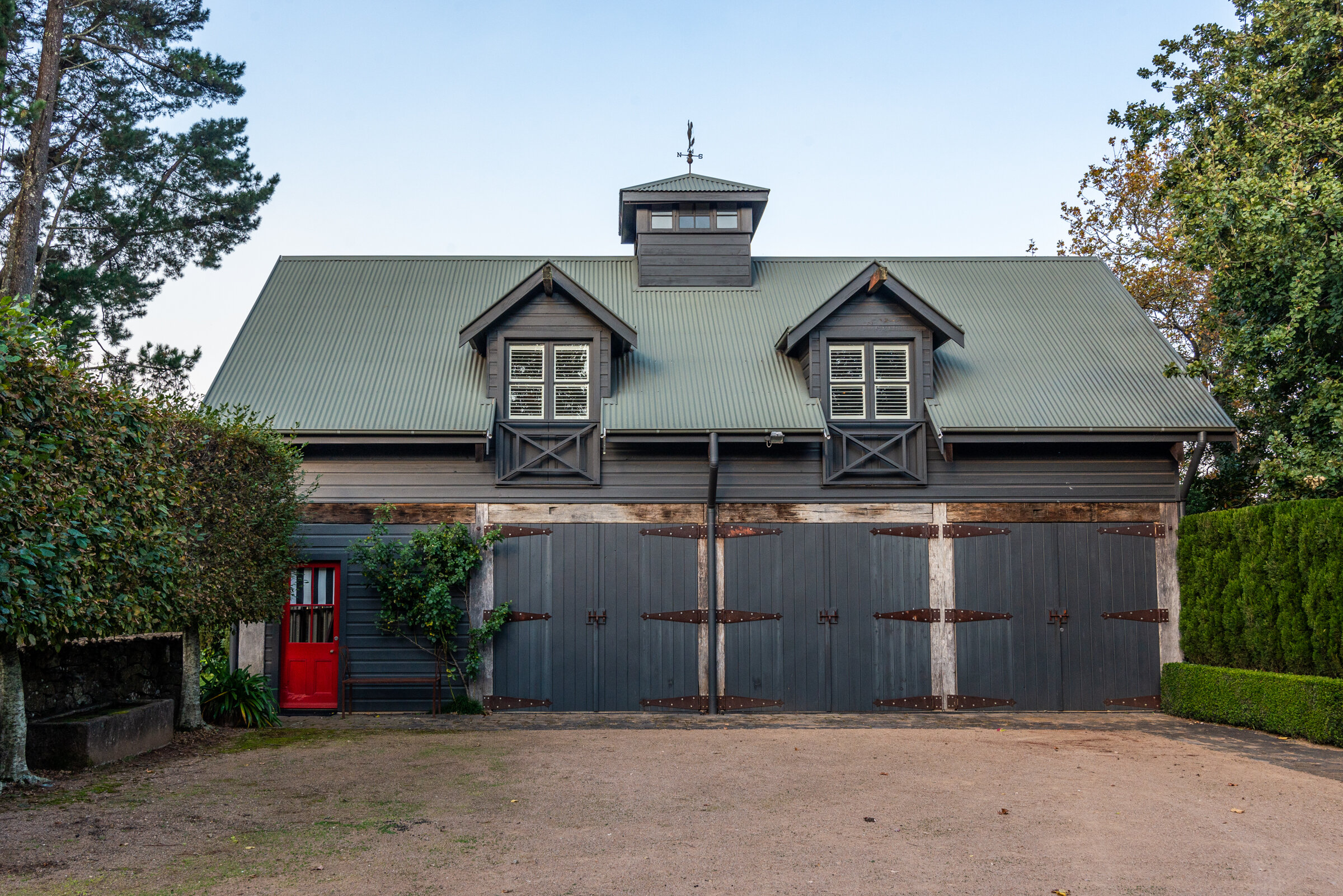
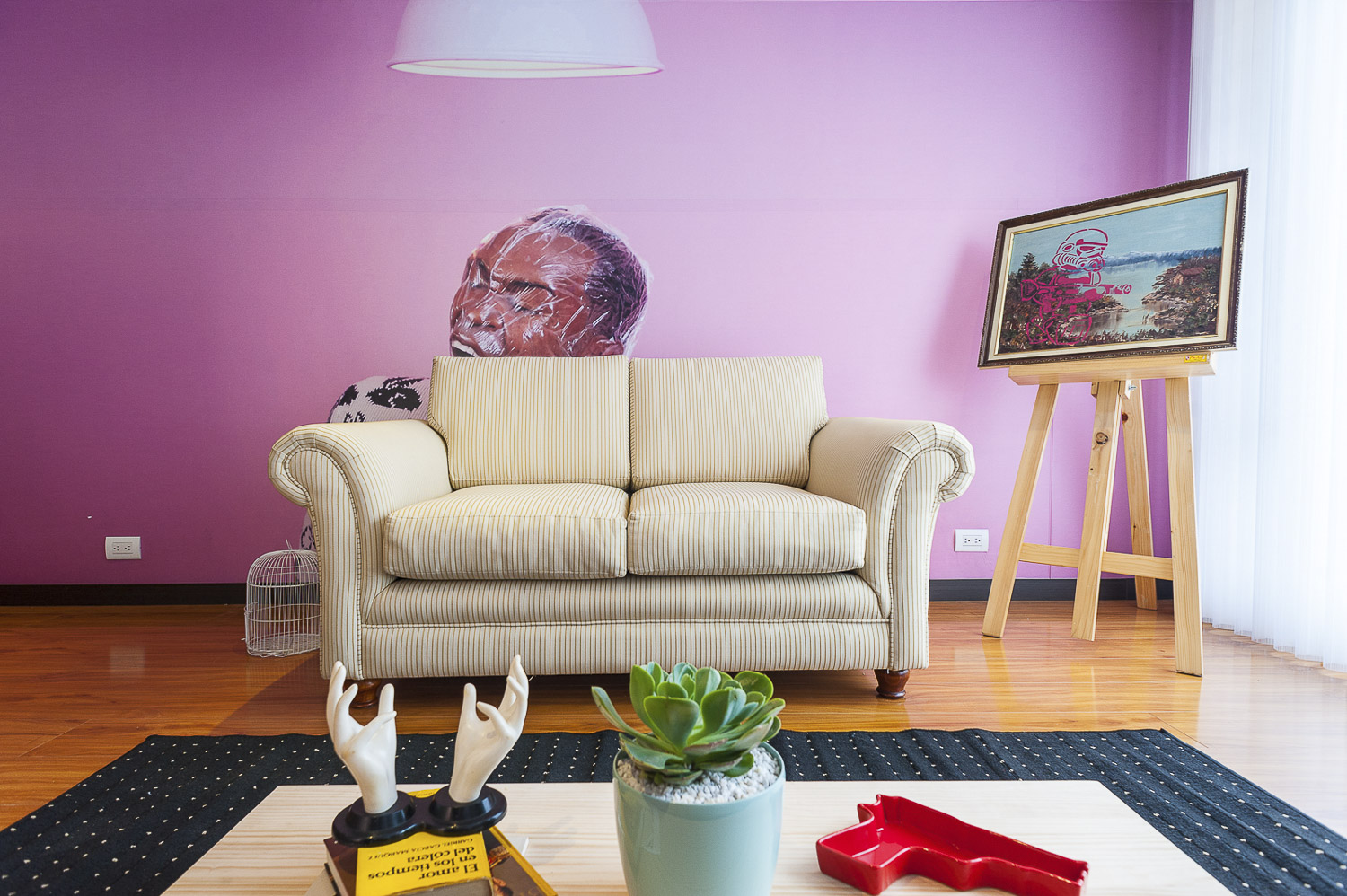
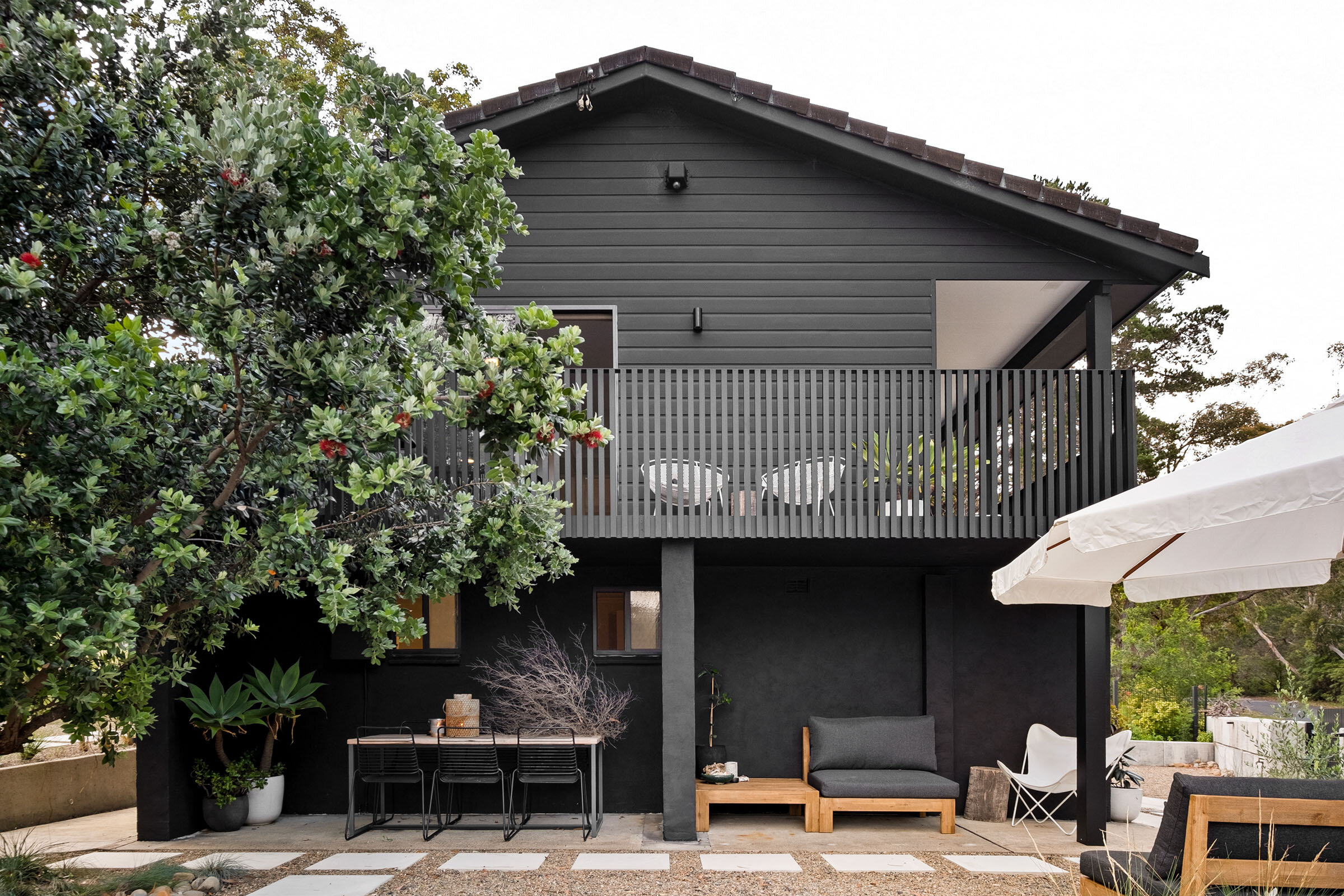
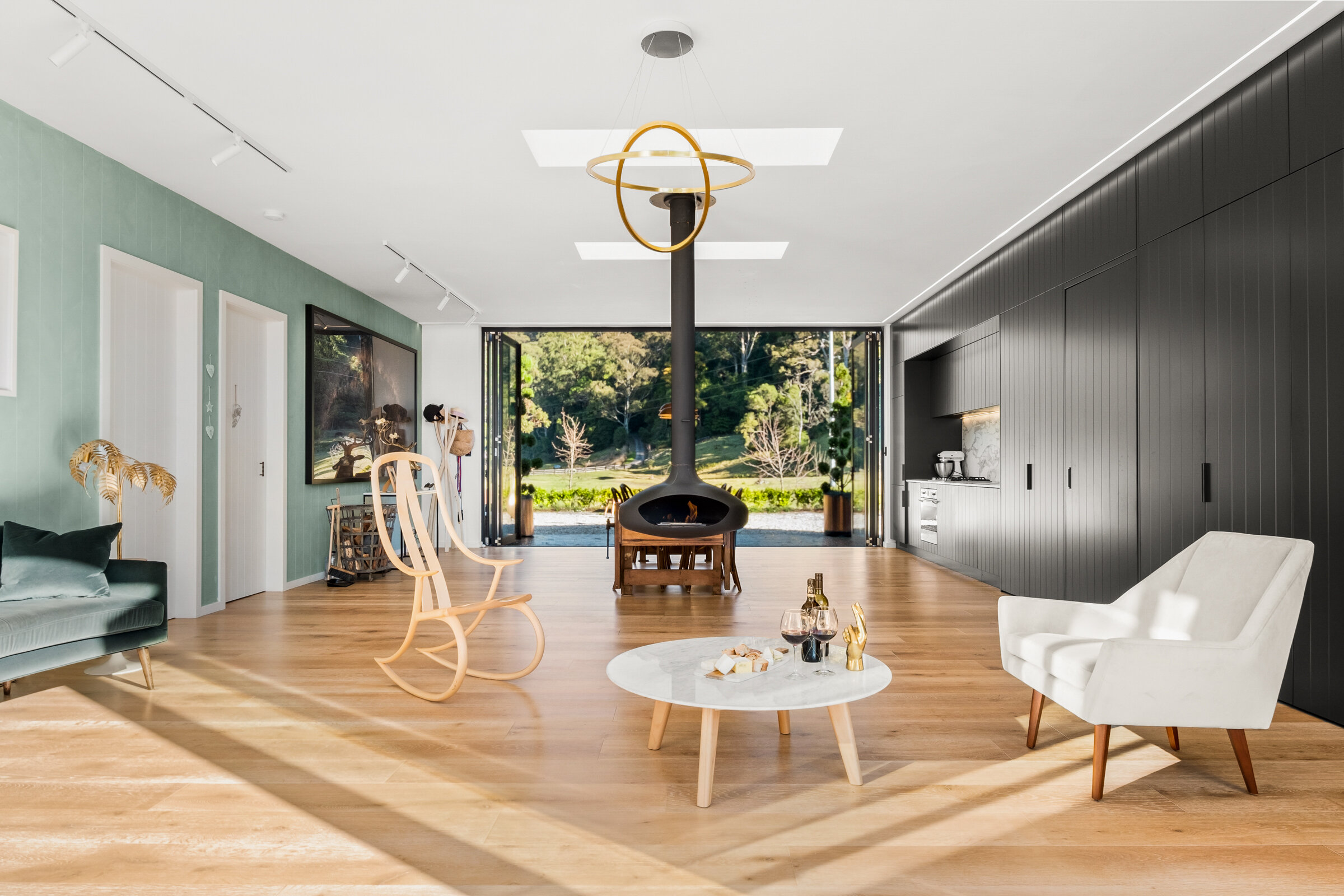
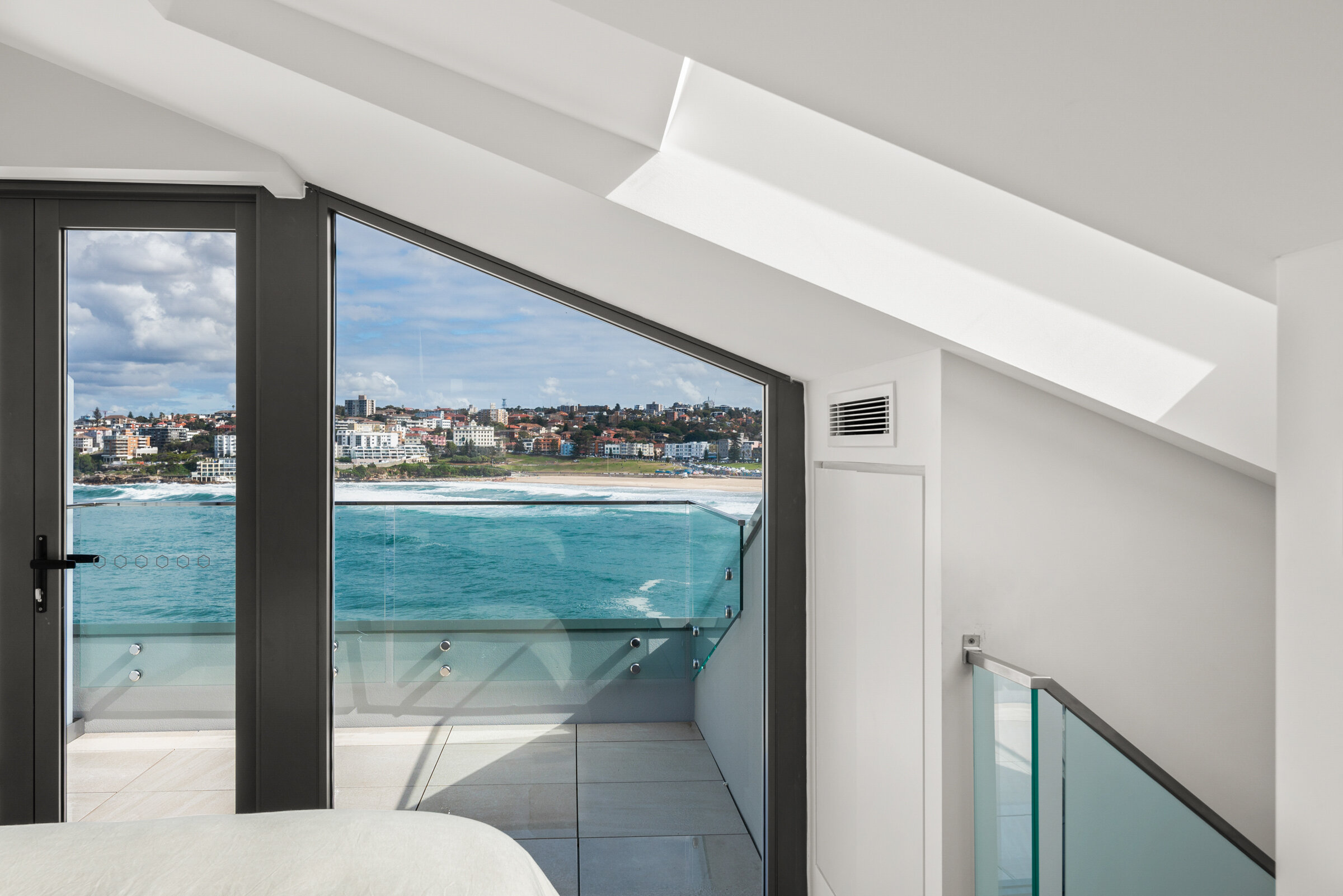
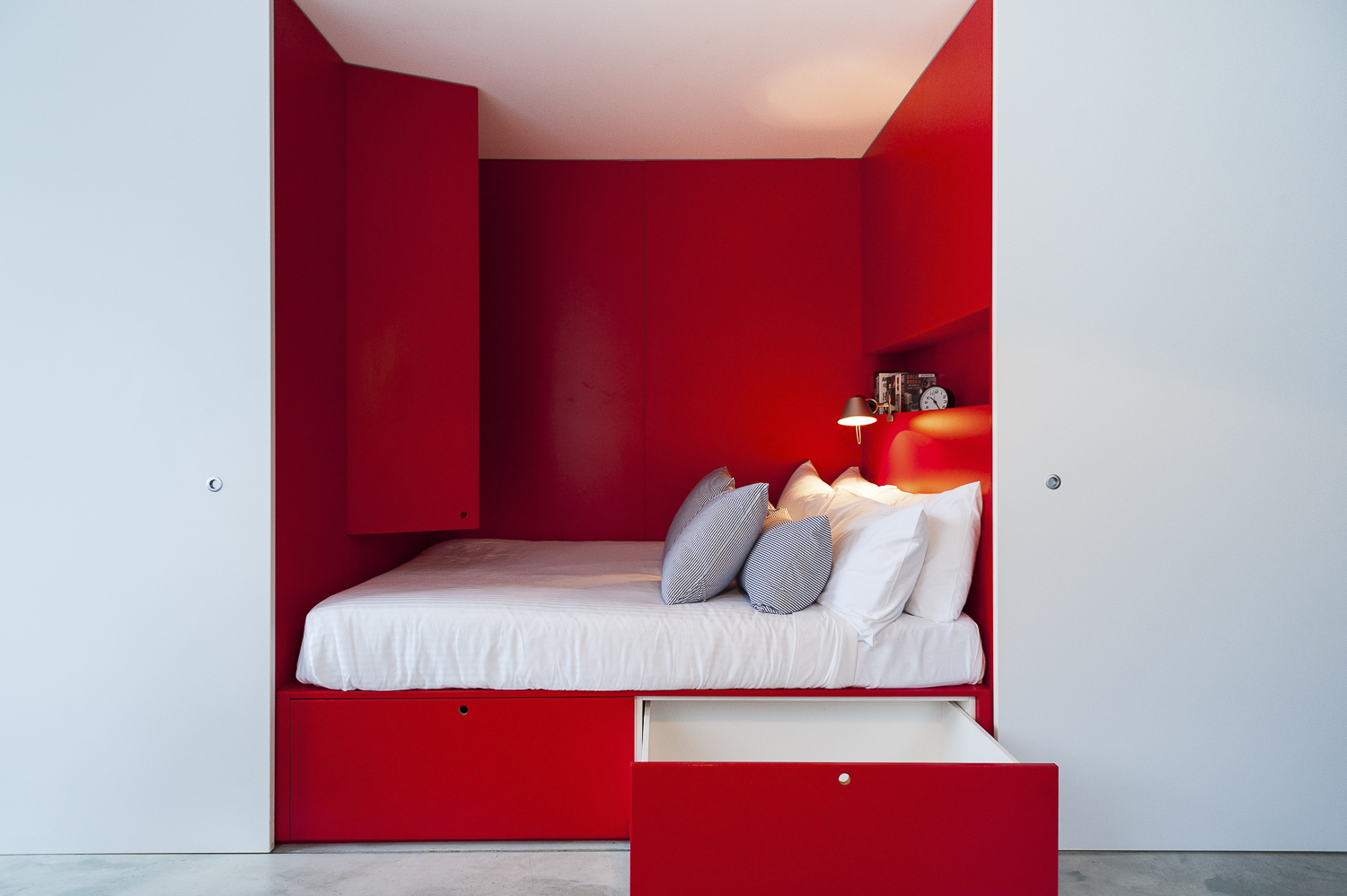
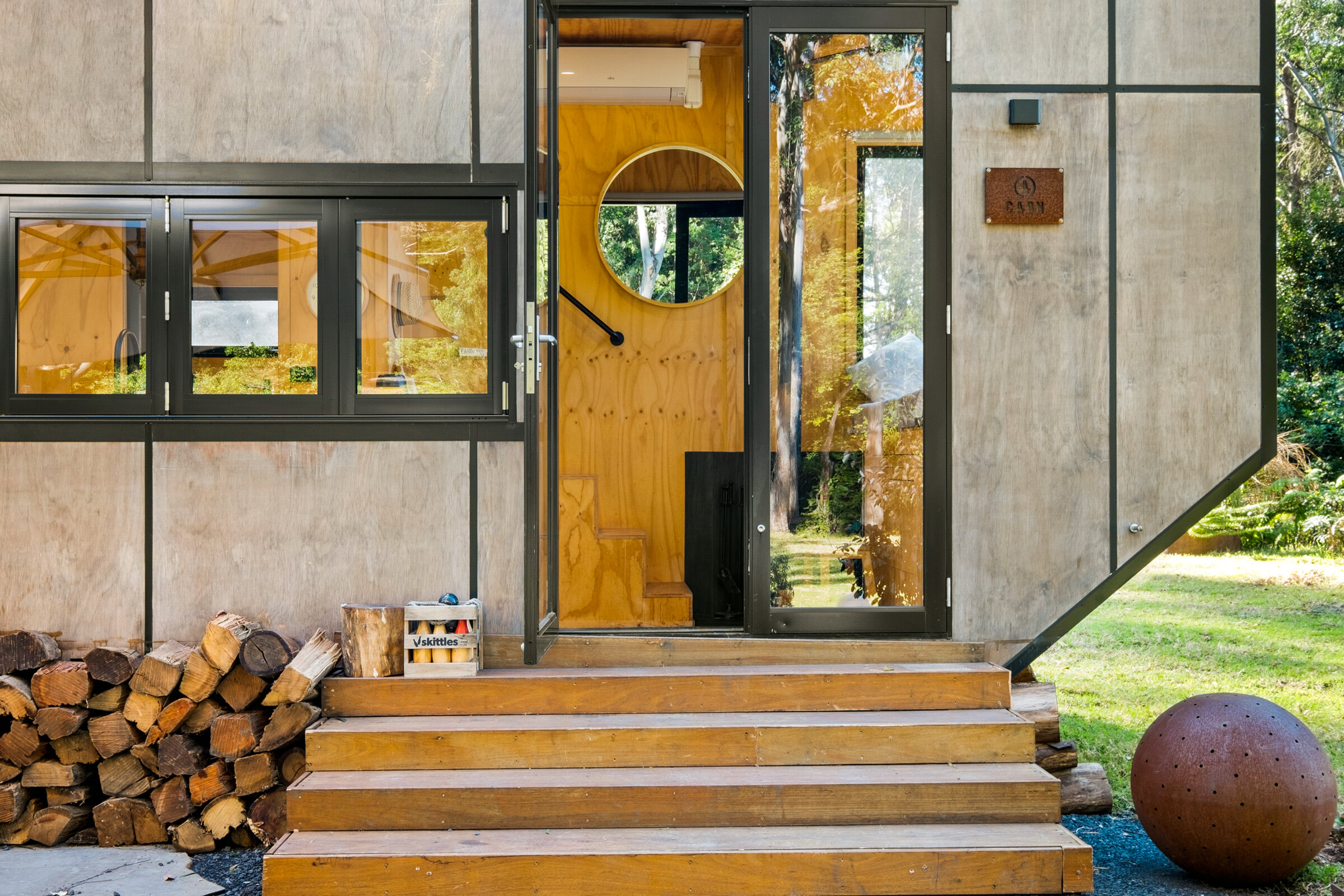
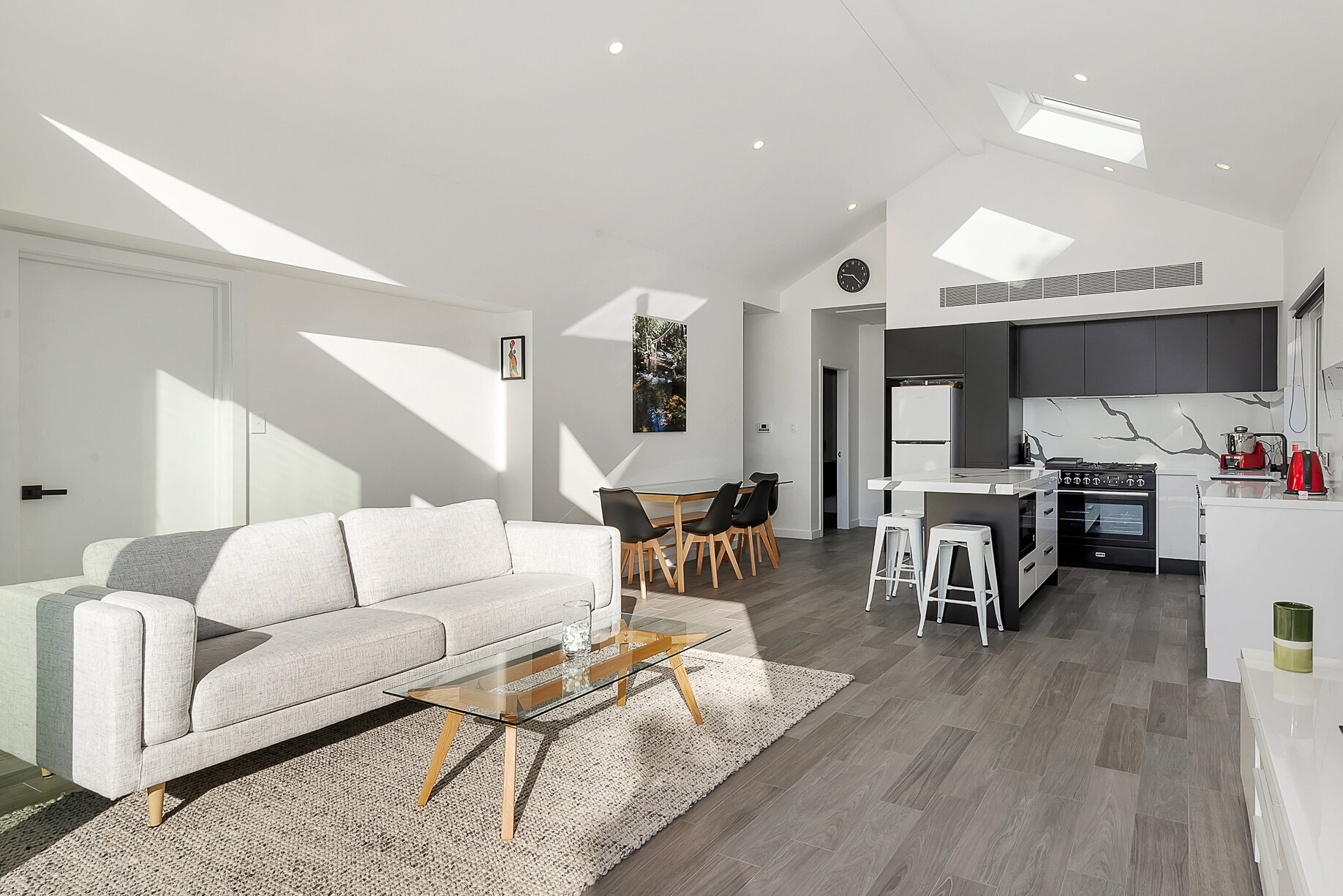
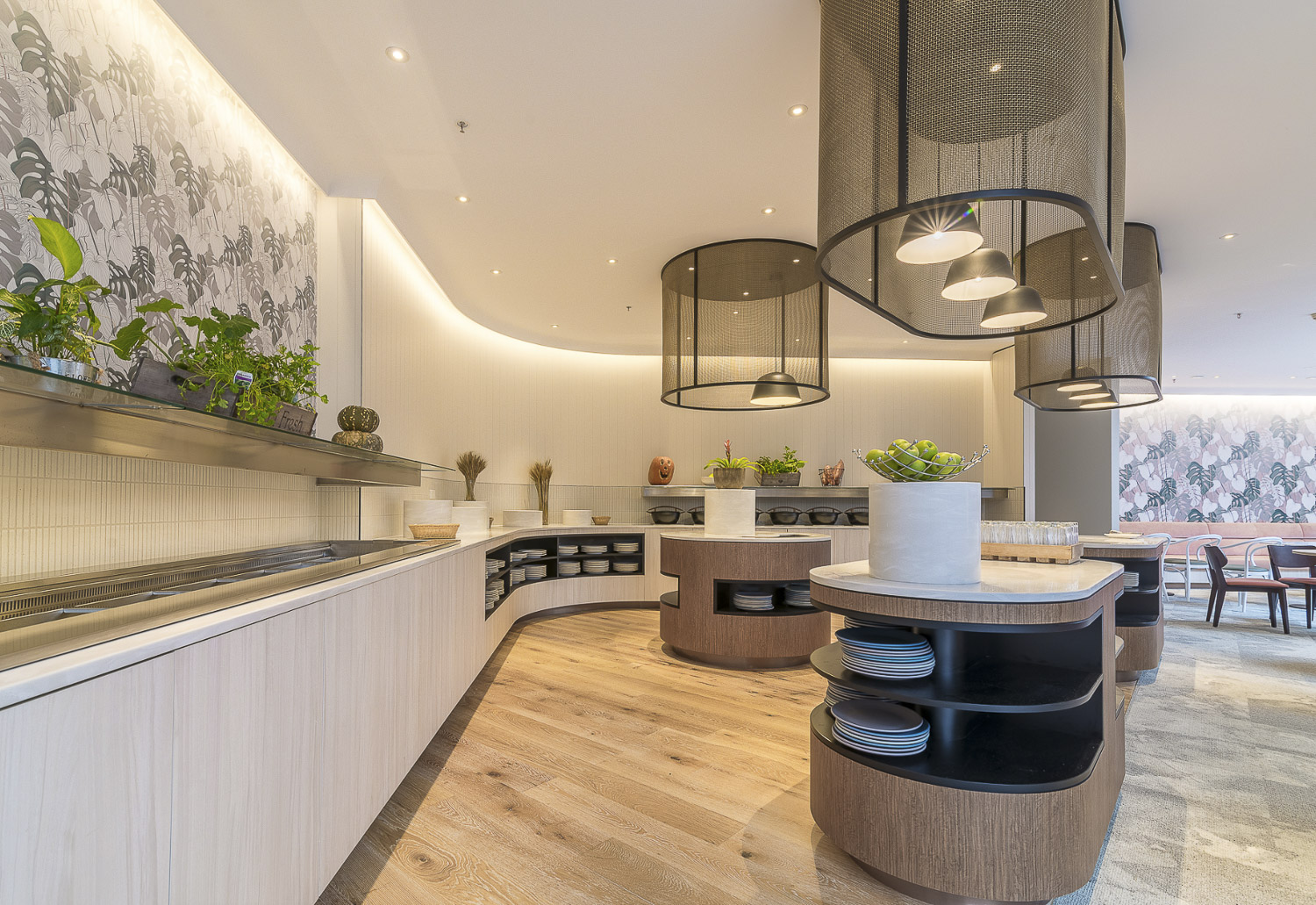


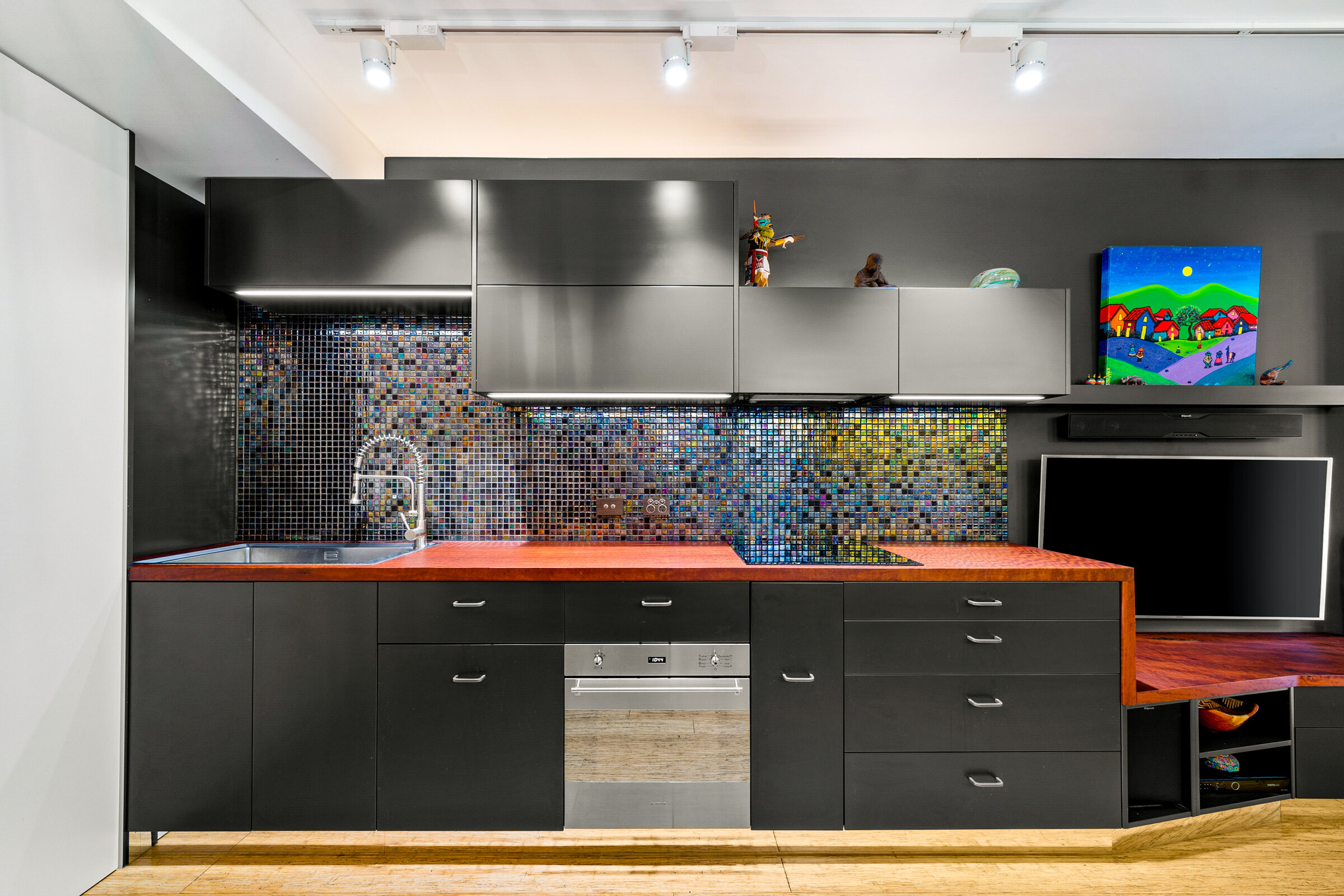
Getting started with real estate photography involves a combination of developing your skills, acquiring the necessary equipment, and building a client base. Here are the steps to help you get started in real estate photography:
Learn Photography Basics:
If you're new to photography, start by learning the fundamentals of photography, including composition, exposure, and lighting.
Familiarize yourself with your camera equipment, whether it's a DSLR, mirrorless, or even a high-quality smartphone with manual settings.
Specialize in Real Estate Photography:
Study real estate photography specifically. This involves understanding how to capture properties in the best possible way, considering aspects like angles, lighting, and composition.
Explore architectural photography techniques, as they are closely related to real estate photography.
Build a Portfolio:
To attract clients, you'll need a portfolio of your work. Begin by photographing properties you have access to, such as your own home or those of friends and family.
Focus on showcasing different types of properties, from small apartments to larger homes, to demonstrate your versatility.
Invest in the Right Equipment:
While you don't need the most expensive equipment, you should have gear that can produce high-quality images. This typically includes a DSLR or mirrorless camera, a wide-angle lens, a tripod, and external lighting equipment.
Ensure your camera has manual settings for exposure control.
Understand Post-Processing:
Familiarize yourself with photo editing software like Adobe Lightroom or Photoshop. Post-processing is often necessary to enhance your images and make them look their best.
Pay attention to correcting distortion, adjusting exposure, and fine-tuning color and sharpness.
Develop a Pricing Structure:
Research the market to determine competitive pricing for real estate photography services in your area. Consider factors such as the size of the property, the number of photos needed, and additional services like virtual tours or drone photography.
Create a Business Plan:
Decide on your business structure (e.g., sole proprietorship, LLC) and establish a business name, if desired.
Create a business plan outlining your goals, target market, pricing strategy, and marketing plan.
Legal and Licensing Considerations:
Ensure you have the necessary licenses and permits required in your area for operating a photography business.
Consider liability insurance to protect yourself and your equipment in case of accidents.
Market Your Services:
Develop a professional website or portfolio to showcase your work and services.
Utilize social media platforms, especially Instagram and Facebook, to share your portfolio and engage with potential clients.
Network with real estate agents, property managers, and interior designers who might need your services.
Provide Exceptional Customer Service:
Deliver high-quality work and excellent customer service to build a positive reputation in the real estate industry.
Be responsive, punctual, and professional in all your interactions.
11. Continue Learning:
Stay updated on photography trends and techniques, as well as developments in the real estate market.
Consider taking workshops or online courses to further improve your skills.
Getting started in real estate photography may take time and effort, but with dedication and a commitment to delivering quality work, you can build a successful career in this niche. Remember that building a strong portfolio and establishing relationships within the industry are key steps toward success.
In summary, real estate photography appeals to photographers due to its steady demand, creative opportunities, collaboration potential, and the chance to build a stable income. While it may not be for everyone, those who enjoy architectural photography and working with real estate professionals often find it to be a rewarding niche.


